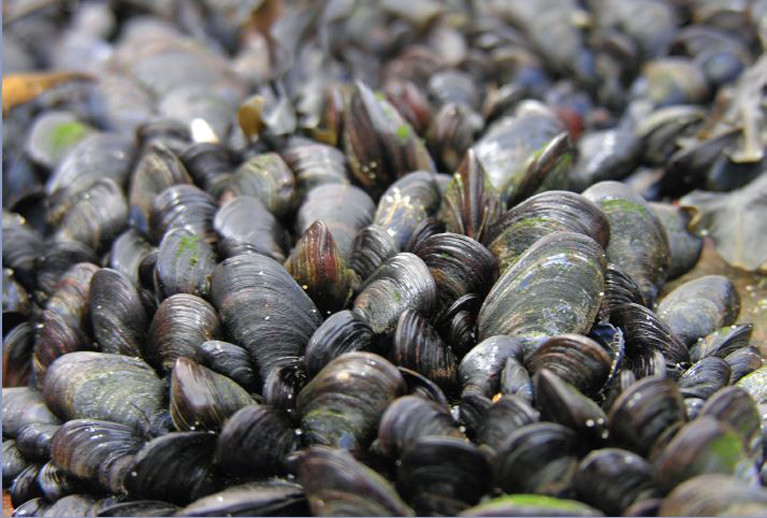The Marine Institute says that its fish health inspection and monitoring activities in 2018 and 2019 indicate that there is a high level of compliance with EU and national legislation, and as a result, Ireland continues to maintain its high health status for aquatic animals.
As the Competent Authority, the Marine Institute is legally responsible for implementing EU and national regulation relating to aquatic animal health in Ireland. In this role, the Marine Institute aims to ensure that the existing high health status of aquatic animals in Ireland is maintained.
A new report published by the Marine Institute's Fish Health Unit (FHU) outlines the activities of the FHU in 2018 and 2019 and highlights that there was a high level of compliance with regulatory fish health requirements. A total of 384 health surveillance inspections of aquaculture production businesses were undertaken during this period, and 98% of the 384 sites inspected had no compliance issues or compliance issues that were categorised as minor.
Bill Doré, Manager of the Marine Institute's Fish Health Unit said, "As the Competent Authority in Ireland, the Marine Institute makes an important contribution to preventing and controlling aquatic animal diseases. By working closely with other state agencies to implement aquatic animal health regulations, Ireland is able to maintain its high health status for aquatic animals."
All Aquaculture Production Businesses in Ireland, such as finfish farms, shellfish farms, and put and take fisheries, must obtain a Fish Health Authorisation from the Marine Institute. To receive a Fish Health Authorisation, Aquaculture Production Businesses submit a Fish Health Management Plan for approval. This plan addresses how aquatic animal health will be maintained, and how diseases are controlled, as well as the mandatory conditions for record keeping and reporting to the Competent Authority.
The Marine Institute's Fish Health Unit, working with colleagues in the Department of Agriculture, food and the Marine veterinary services conducts regular health surveillance of fish and shellfish farms in Ireland, and is responsible for regulating the movement of aquatic animals within Ireland and during import or export to and from the state. In the 2018 and 2019 reporting period, over 3,000 movements of aquatic animals were approved.
The Fish Health Unit also hosts the National Reference Laboratories for finfish, mollusc and crustacean health for Ireland. The laboratories undertake testing and applied research to support fish health activities in Ireland. During the reporting period, the laboratories analysed over 1,500 shellfish and 5,000 fish for diagnostic, statutory and research purposes.
































































